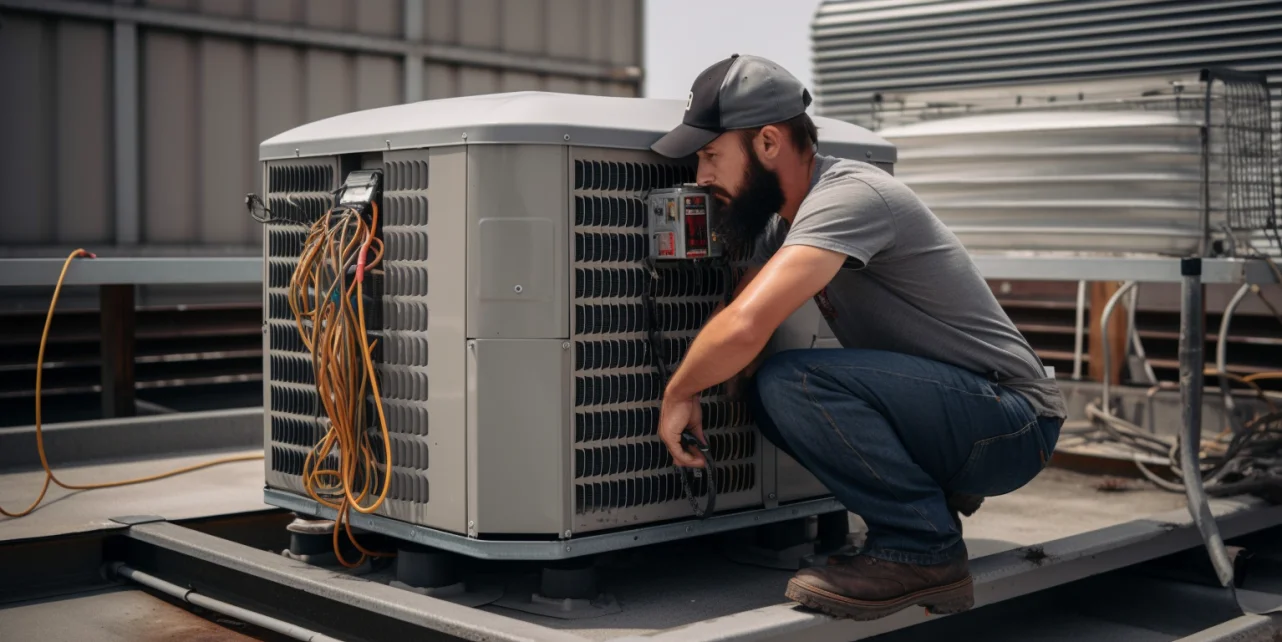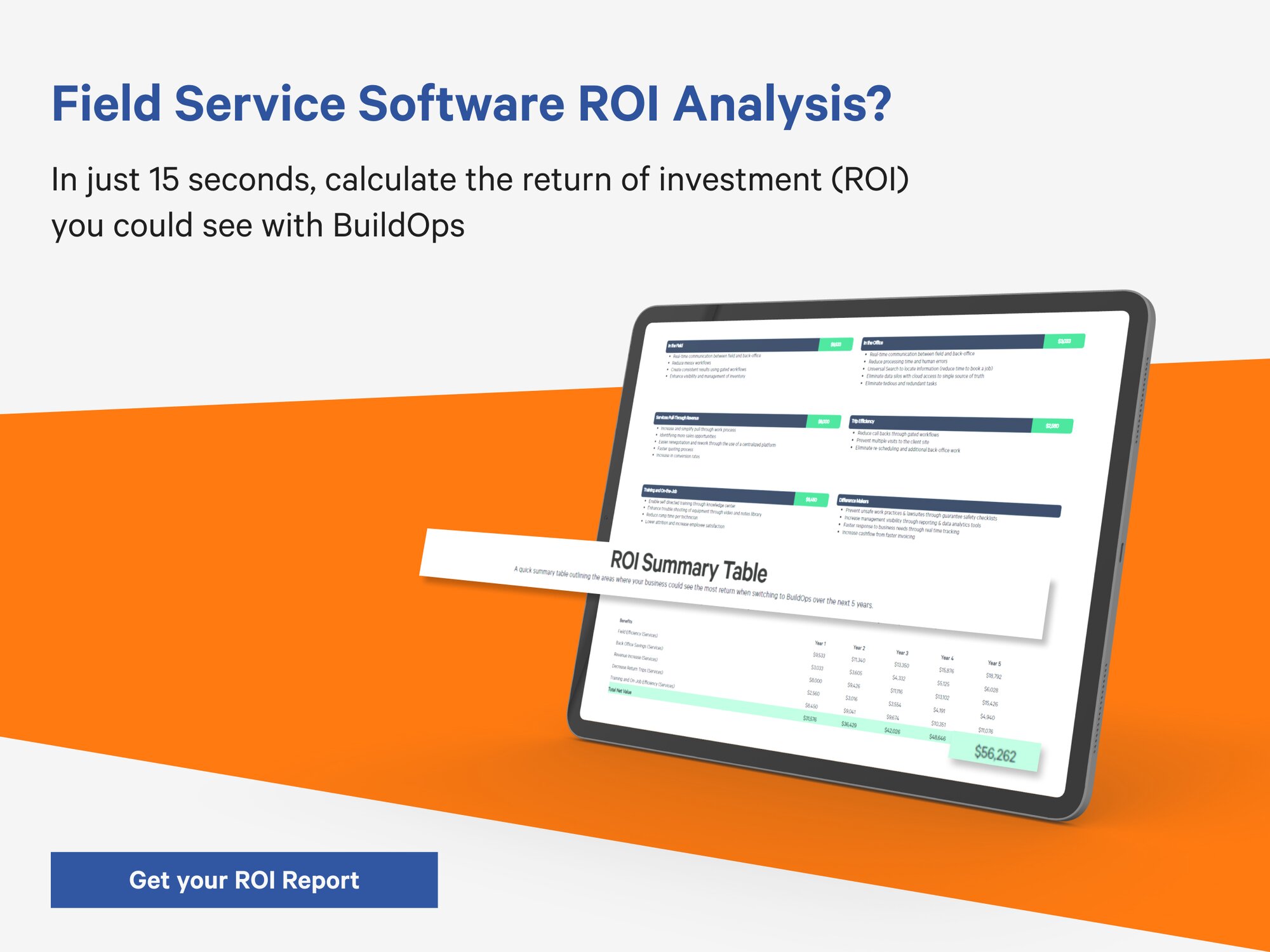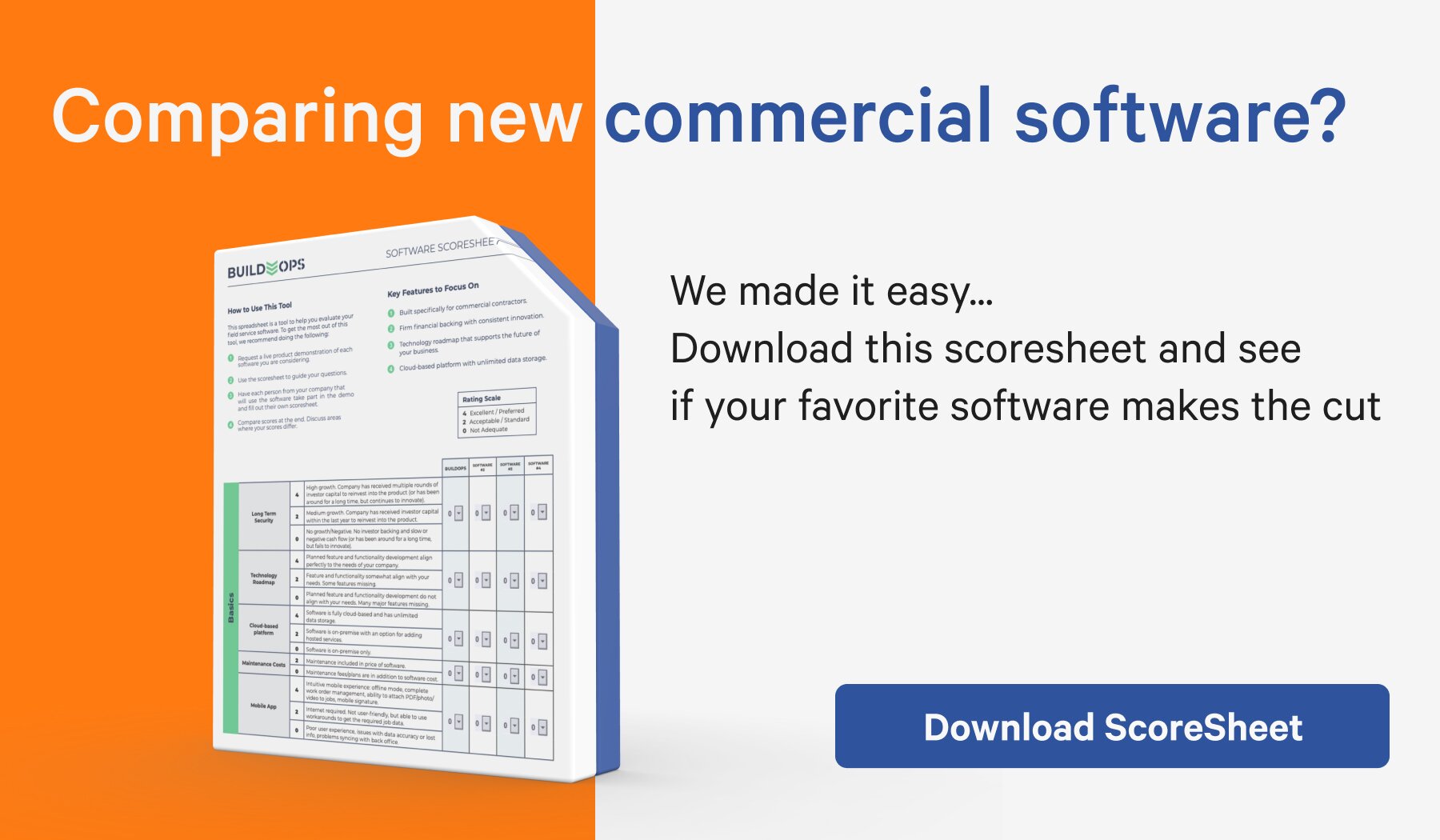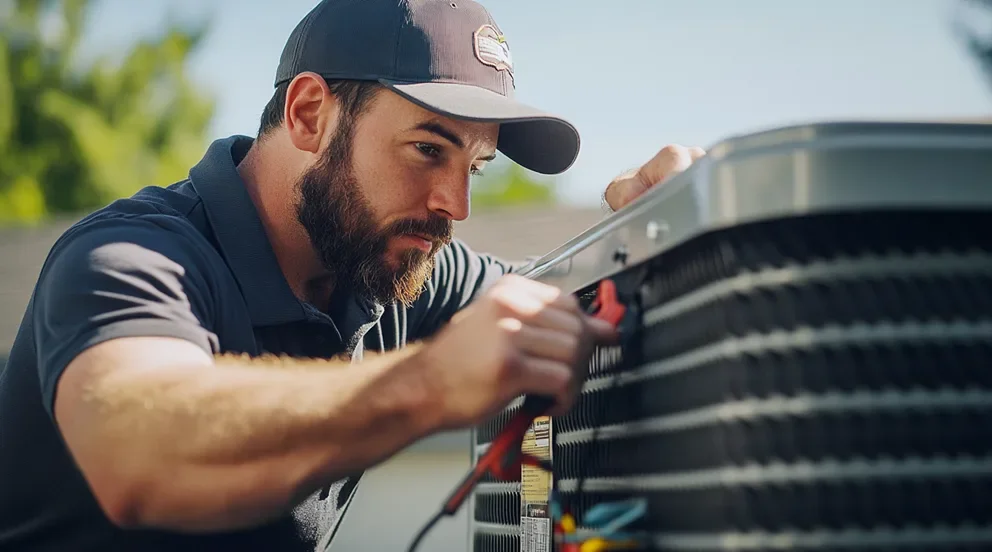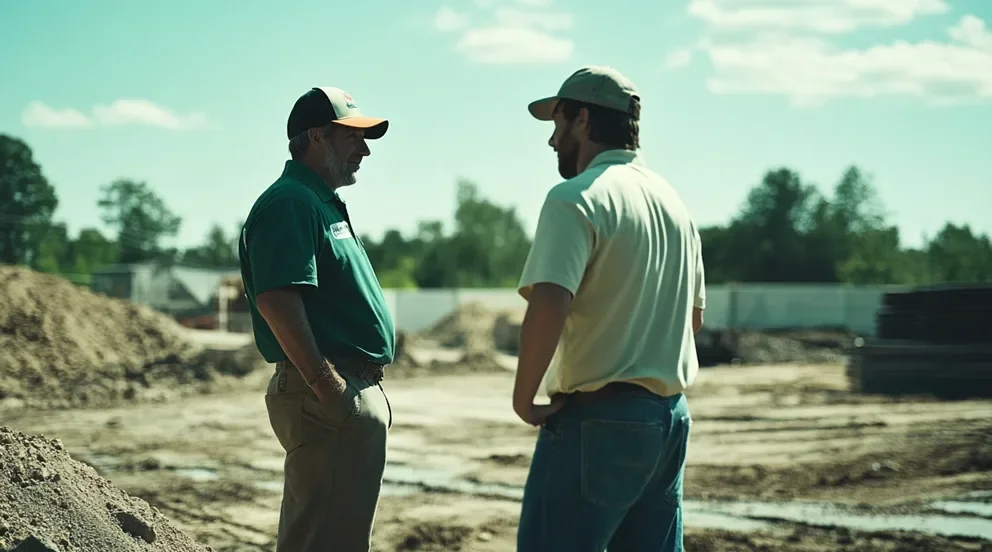The cost to replace an HVAC system can vary depending on a number of factors. These can include the size of the system needed for your specific space, the brand and efficiency of the system, and the type of installation required.
On average, a new HVAC system can range anywhere from $4,000 to $12,000. This includes the cost of the unit itself, as well as the installation costs. However, this estimate may be higher for larger or more complex systems, such as those needed for commercial buildings.
One of the major factors that can impact the cost of replacing an HVAC system is the size of the system needed. This is determined by the size of your home or building, as well as the amount of insulation and other building features that can affect the heating and cooling needs. A larger system will typically cost more than a smaller one.
Another factor that can affect the cost is the brand and efficiency of the system. Higher-quality, more energy-efficient systems will typically cost more upfront, but can save you money in the long run on energy bills. It is important to consider the long-term cost savings when choosing a system, as well as the initial cost.
The type of installation needed can also impact the cost of replacing an HVAC system. For example, if your home or building does not have existing ductwork, this will require additional work and materials, increasing the cost. In addition, if there are any repairs or upgrades needed to the existing ductwork, this will also add to the cost.
Overall, the cost of replacing an HVAC system can seem daunting, but it is important to consider the long-term benefits and cost savings. With proper maintenance and regular energy-efficient use, a new HVAC system can provide reliable and comfortable heating and cooling for years to come.
Factors Affecting the Cost to Replace an HVAC System
The cost to replace an HVAC system is not a fixed amount, but rather varies depending on several factors. These factors include the size of the system needed, the brand and efficiency of the system, and the type of installation required.
The size of the system needed is one of the main factors that can impact the cost. This is determined by the size of the space that needs to be heated and cooled, as well as other factors such as insulation and building features. A larger system will typically cost more than a smaller one.
The brand and efficiency of the system can also affect the cost to replace an HVAC. Higher-quality and more energy-efficient systems may cost more upfront but can save money in the long run on energy bills. It is important to consider the long-term cost savings when choosing a system.
The type of installation needed can also influence the cost. For example, if there is no existing ductwork, this will require additional work and materials, increasing the cost. In addition, any necessary repairs or upgrades to existing ductwork will also add to the overall cost.
The average cost of replacing an HVAC system can range from $4,000 to $12,000. This includes the cost of the unit itself and the installation. However, this estimate may vary depending on the specific needs of the space and other factors mentioned above.
Despite the initial cost, investing in a new HVAC system can provide long-term benefits and cost savings through reliable and energy-efficient heating and cooling. It is important to weigh all the factors when considering the cost of replacing your HVAC system.
Understanding the Different Costs Involved in Replacing an HVAC System
Replacing an HVAC system is a major investment that can range in cost depending on various factors. It is important to have an understanding of the different costs involved in order to make an informed decision.
The first cost to consider is the price of the actual unit. This can vary greatly depending on the brand, type, and size of the system. It is important to research and compare different options to find the best fit for your needs and budget.
Installation costs are also a major factor in the overall cost of replacing an HVAC system. This includes the labor and materials needed to install the new unit. The complexity of the installation, such as the need for new ductwork, can also impact the cost.
In addition to the initial costs, there are also long-term costs to consider. This includes energy bills, maintenance, and repairs. It is important to choose a system with a good energy efficiency rating to help lower long-term costs.
Another potential cost to consider is any necessary upgrades or repairs to existing ductwork or other components of the HVAC system. This can add to the overall cost, but it is important to address these issues to ensure the new system operates smoothly.
Lastly, it is important to factor in the cost of regular maintenance for the new system. Regular maintenance can help prolong the life of the system and prevent costly repairs in the future.
Budgeting for a New HVAC System
Replacing an HVAC system is a significant investment, so it is important to plan and budget accordingly. Here are some factors to consider when budgeting for a new HVAC system:
1. Determine the size and type of system needed for your space. This will help you estimate the cost of the unit itself.
2. Research different brands and features to find the best fit for your needs and budget. Consider the long-term cost savings of energy-efficient systems.
3. Get quotes from multiple HVAC companies to compare prices and services.
4. Consider the cost of installation, including any necessary upgrades or repairs.
5. Plan for regular maintenance costs to keep the system running smoothly.
6. Look into financing options if needed.
7. Don’t forget about the potential long-term costs savings on energy bills with a new, more efficient system.
8. Be prepared for unforeseen expenses that may arise during the installation process.
9. Consider setting aside extra funds in case of emergency repairs or replacements in the future.
10. Get a written estimate from the chosen HVAC company and have a clear understanding of all the costs involved.
By properly budgeting for a new HVAC system, you can ensure that you are making a sound investment for the comfort and efficiency of your home or building.
Upgrading to an Affordable and Efficient HVAC System
With rising energy costs and environmental concerns, many individuals and businesses are looking to upgrade to a more affordable and efficient HVAC system. This involves replacing old, energy-consuming systems with newer, more efficient models.
The cost of upgrading to a new HVAC system may seem daunting initially, but the long-term cost savings can outweigh the initial investment. Energy-efficient systems can save up to 30% on energy bills, making it a smart financial decision in the long run.
There are also various incentives, tax credits, and financing options available to help make the cost more manageable. These can include rebates from energy companies, tax credits from the government, and financing plans from HVAC companies.
In addition to the cost savings, upgrading to a more efficient system can also have a positive impact on the environment. Energy-efficient systems consume less energy, reducing the amount of greenhouse gas emissions and preserving natural resources.
When considering an upgrade, it is important to research and compare different brands and models to find the best fit for your needs and budget. You should also consult with a qualified HVAC technician to determine the most efficient system for your space and to properly install the system.
Considering Long-Term Savings When Replacing Your HVAC System
When it comes to replacing your HVAC system, it is important to not just focus on the initial cost, but also consider the long-term savings. Here are some factors to keep in mind:
1. Energy Efficiency: An older HVAC system may not be as energy efficient as newer models. By upgrading to a more energy-efficient system, you can save money on your monthly energy bills in the long run.
2. Maintenance Costs: Older systems may require more frequent and costly repairs. By replacing with a new system, you can reduce the need for repairs and save money on maintenance costs.
3. Tax Credits and Incentives: Some energy-efficient HVAC systems qualify for tax credits and incentives, reducing the overall cost of replacement.
4. Reduced Carbon Footprint: Energy-efficient systems consume less energy, reducing fossil fuel consumption and greenhouse gas emissions. This can have a positive impact on the environment in the long run.
5. Future Replacements: By investing in a new, energy-efficient HVAC system, you may not need to replace it for many years. This can save you money on future replacements.
Key Takeaways
Replacing an HVAC system can vary in cost from $4,000 to $12,000 depending on factors such as size, brand, efficiency, and installation. It is important to consider long-term benefits and cost savings when choosing a system. Budgeting for a new HVAC system should include determining the size and type of system needed, researching options, and considering installation, maintenance, and potential long-term cost savings. Upgrading to a more efficient system can lead to reduced energy bills, tax credits, and a positive impact on the environment. When replacing an HVAC system, it is important to look beyond the initial cost and consider long-term savings such as energy efficiency, maintenance costs, and future replacements.
